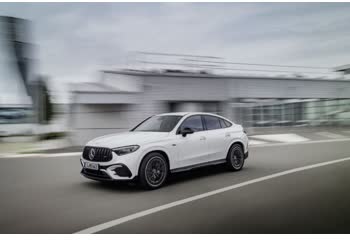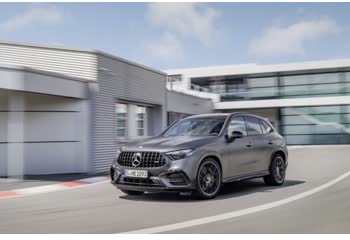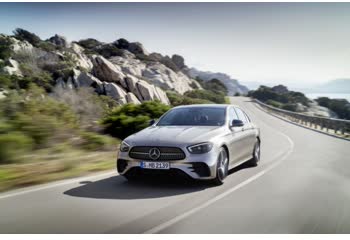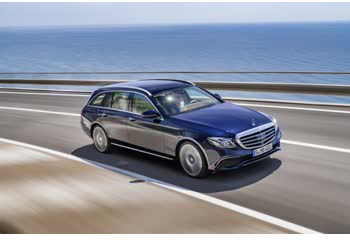Everything you need to know about specifications and performance - Mercedes-Benz GLC 2019 - GLC 200 (197 Hp) EQ Boost 4MATIC G-TRONIC

Overview:
What is the engine capacity of a Mercedes-Benz GLC 2019?
The engine capacity of the Mercedes-Benz GLC 2019 is 1991.
Mercedes-Benz GLC 2019 How many horsepower?
The engine power of the Mercedes-Benz GLC 2019 is 197 Hp.
What is the Mercedes-Benz GLC 2019 engine?
Mercedes-Benz GLC 2019 engine is M 264.920. (Click to see other cars using the same engine)
How much gasoline does a Mercedes-Benz GLC 2019 consume?
The Mercedes-Benz GLC 2019 consumes 7.1-7.4 liters of gasoline per 100 km
General:
Engine:
Performance:
Electric system:
Space:
dimensions:
Powertrain, Suspension and Brakes:
See also

Last generation.
Its production began in 2023 until Now

Other generation.
Its production began in 2022 until Now

Same engine. (M 264.920).
Its production began in 2020 until 2023

Same engine. (M 264.920).
Its production began in 2018 until 2020

Same production year and almost the same engine capacity.
Its production began in 2019 until Now

Write a comment